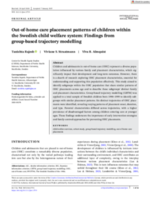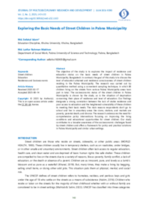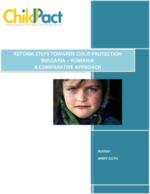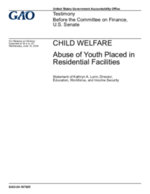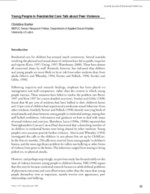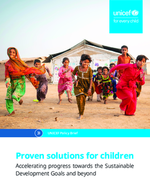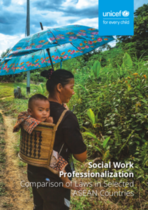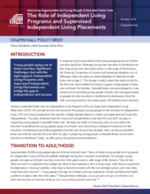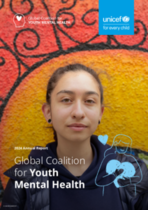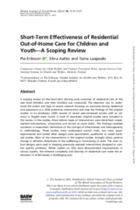Out-of-home care placement patterns of children within the Swedish child welfare system: Findings from group-based trajectory modelling
Using group-based trajectory modelling on Swedish children born 1990–1999, this study identified six distinct patterns of out-of-home care placements that varied in onset, duration, and type. Findings show greater parental disadvantage among children entering care earlier, highlighting the need for early intervention and family-centred prevention strategies.

